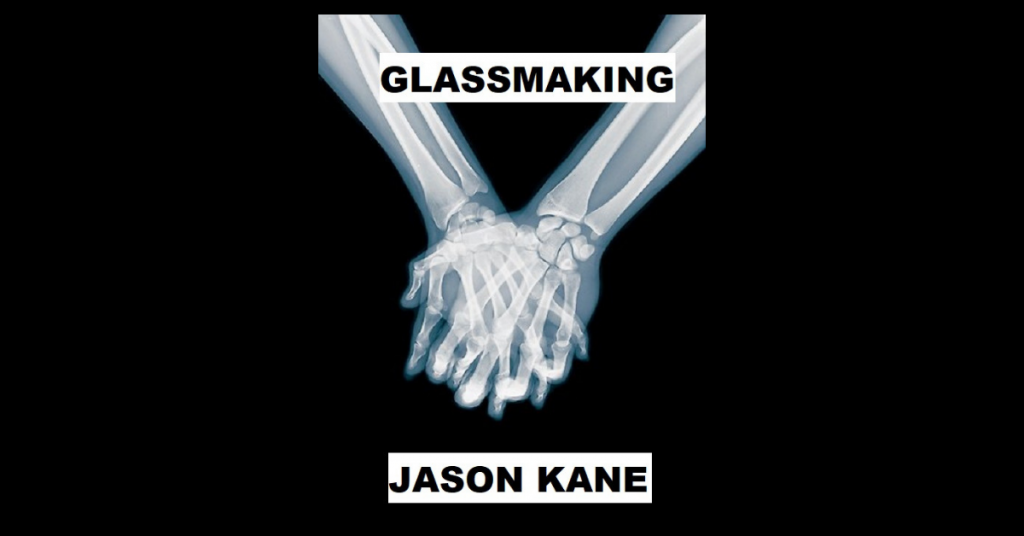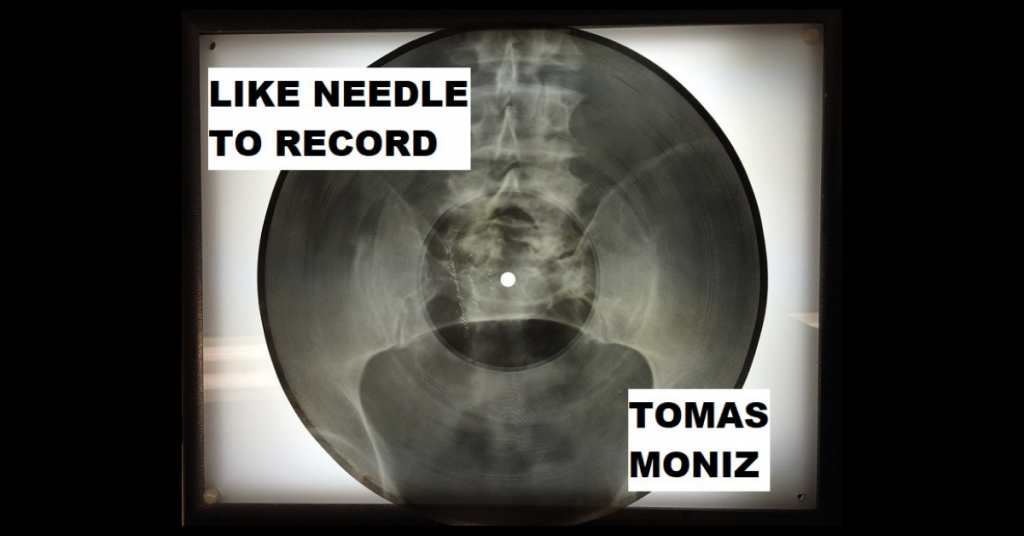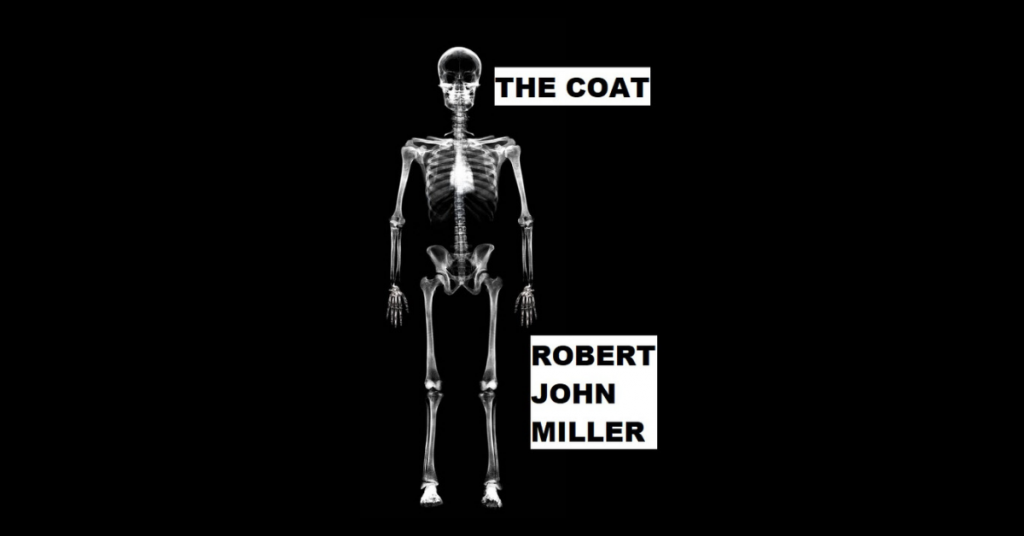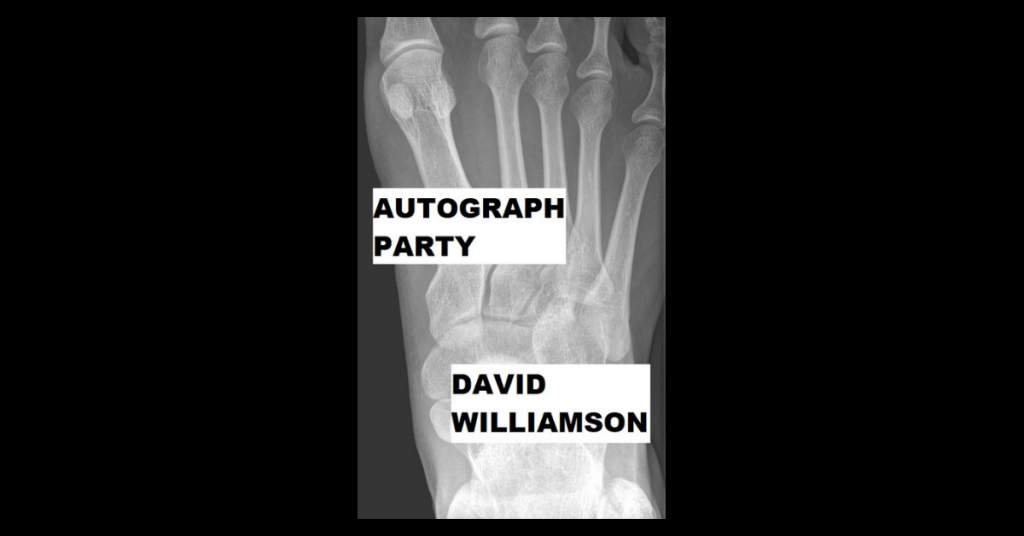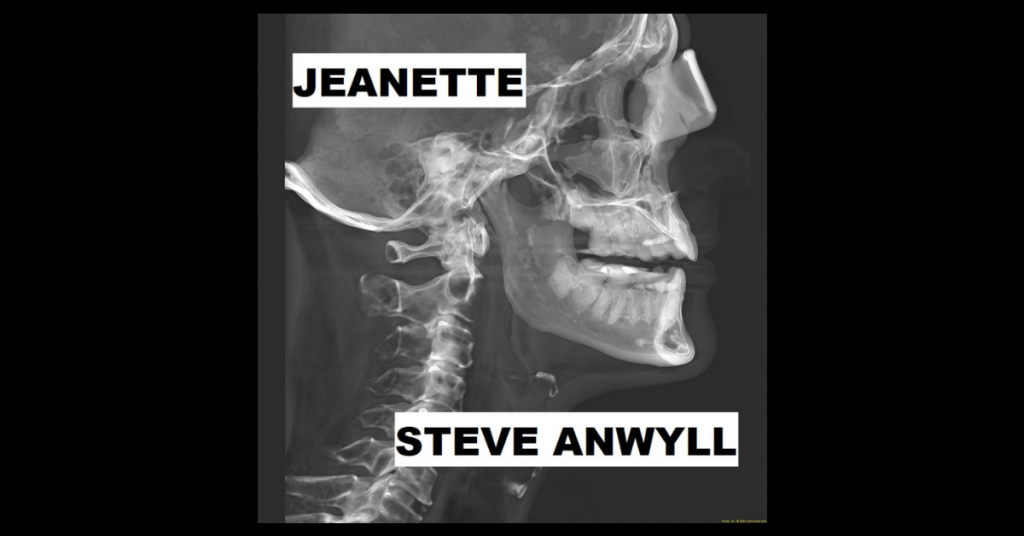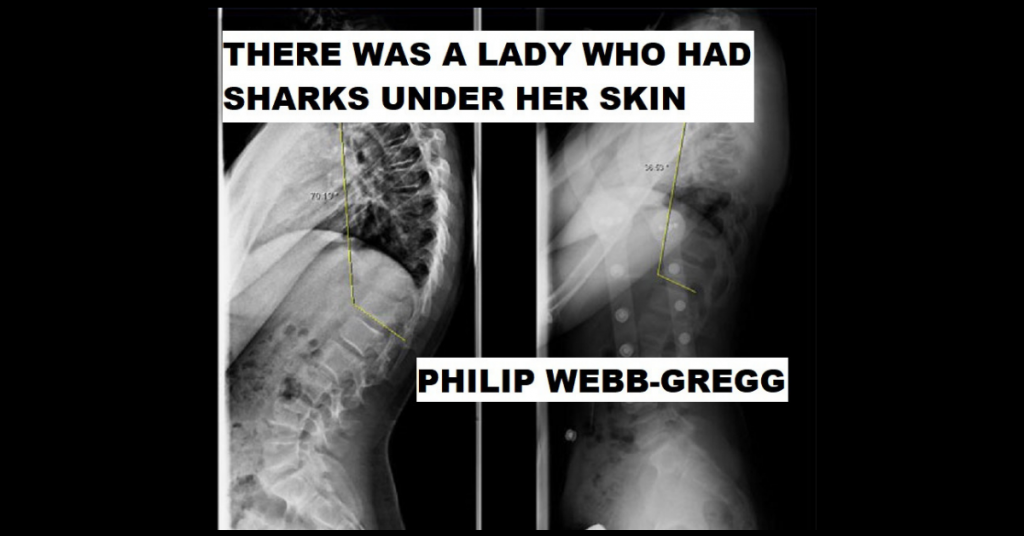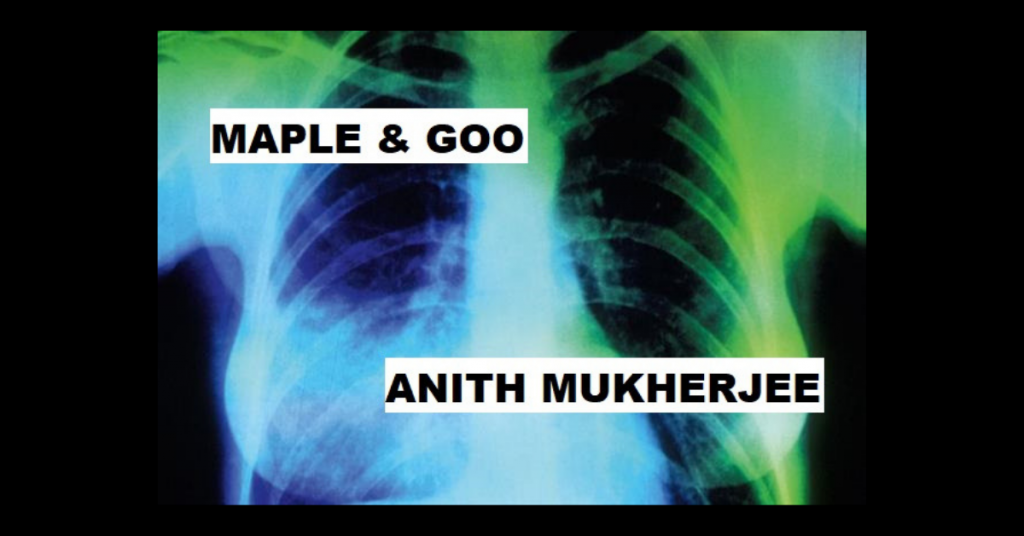
MAPLE & GOO by Anith Mukherjee
The Orb glowed, the room shook, pink slime dripped from the ceiling. The Orb shuddered. The Orb split open. Gestating ultraviolet flesh. Flesh appendages reached out and grabbed Maple by the neck, they pulled her into The Orb’s living centre. She felt blood circulating around her, absorbing her. She faded and dissolved. She did not scream. It felt like a kiss. * Town Nouvelle Vague is a paranoid city. Steeped in irony and sarcasm. Sincerity was outlawed. No one knew what anyone was really thinking. There was a constant underlying analysis of meaning. The paranoia fed into the general theme…

